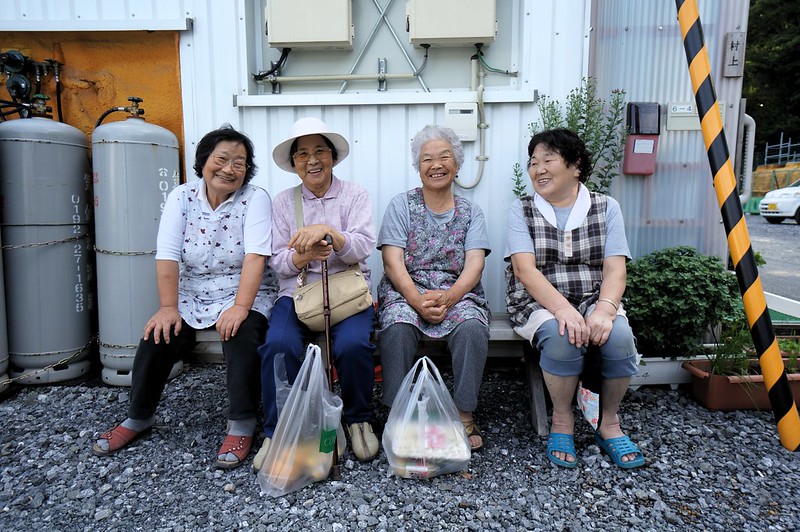Japan's Ministry of Health, Labor and Welfare announced on 12/9 that the number of citizens over 100 years old reached 99,763 as of September, maintaining an increase for 55 consecutive years and reaching an unprecedented high.
Of the nearly 100,000 centenarians in Japan, women account for 88%. The oldest person is Shigeko Kagawa, 114, from the outskirts of Nara. The oldest man is Kiyotaka Mizuno, 111, from the coastal city of Iwata.
On Respect for the Aged Day (15/9), the Japanese government gives congratulatory letters and a silver cup to those who have just turned 100. This year, over 52,000 people are eligible for this meaningful gift.
The main reason for Japanese longevity is the low mortality rate from heart disease and common cancers such as breast and prostate cancer, according to BBC News. This is directly related to the low obesity rate of the Japanese people, which is a result of a diet low in red meat and high in fish, vegetables, and soy. The low obesity rate among Japanese women is particularly low, helping explain why their average life expectancy is significantly higher than that of men.
While sugar and salt intake in diets around the world is increasing, Japan is going in the opposite direction. Public health campaigns have successfully encouraged people to reduce their salt consumption.
In addition to diet, the Japanese also maintain an active lifestyle. They often walk and use public transportation more than older adults in Europe and the US. Moreover, since 1928, the Japanese have had a culture of "Radio Taiso" (radio calisthenics). This three-minute group exercise is broadcast on television daily, not only improving health but also strengthening community bonds.
 |
Older adults in Japan. Photo: FT |
Older adults in Japan. Photo: FT
Despite these impressive figures, numerous studies have questioned the accuracy of centenarian population data globally, including in Japan. Researchers suggest that data errors and a lack of birth certificates may have inflated the numbers.
In 2010, when the Japanese government reviewed family registers, they found that over 230,000 people registered as 100 years or older could not be verified, many of whom had actually died decades earlier. The main reason stemmed from some families concealing the deaths of older adults to continue receiving pension payments. The case of Sogen Kato in Tokyo, believed to have lived to 111, is a prime example. When his body was found at home, it was discovered that he had died 32 years earlier.
Binh Minh (According to BBC News)












